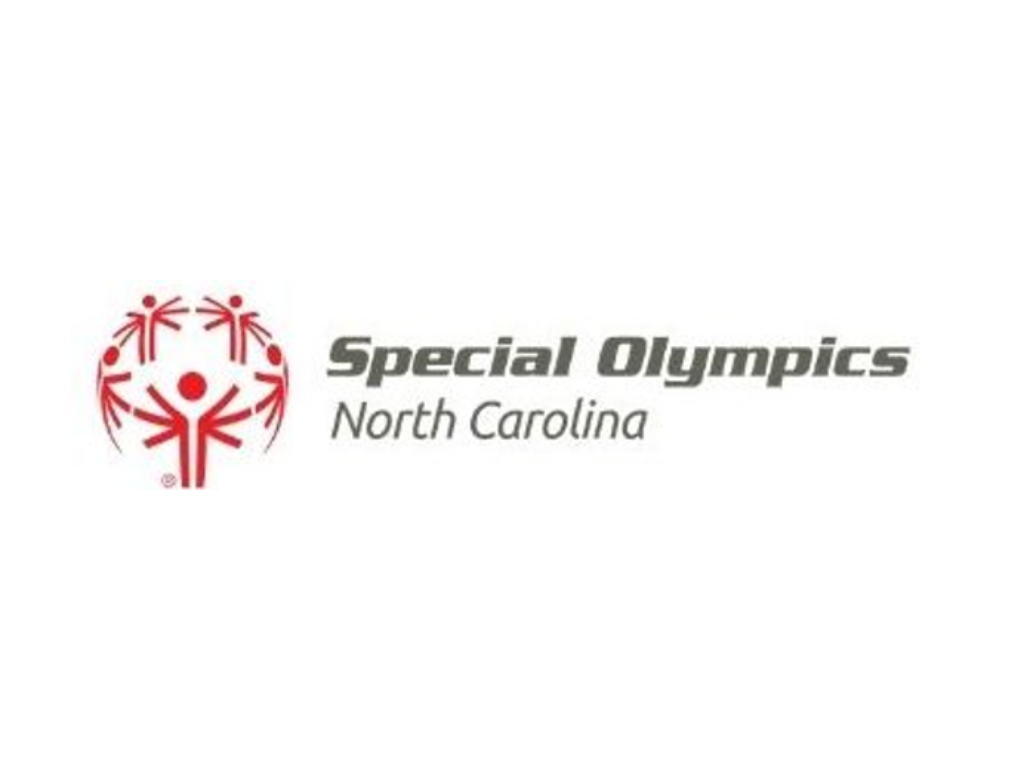Students help spearhead Special Olympic training to be used across the country

This spring, Campbell was host to an inclusive health training program designed to engage Special Olympics participants. Hannah Eason (’21 MPAP/MSPH) collaborated with Special Olympics North Carolina Health Director Ellen Fahey as part of her public health rotation at Campbell. Together with the Interprofessional Education (IPE) office, Eason and Fahey scheduled a day of activities to help educate healthcare providers and students about working with people with intellectual disabilities.
Special Olympics North Carolina (SONC) was one of four programs in the state that agreed to pilot the trainings and provide data and feedback along the way.
The training was originally developed by Special Olympics North America (SONA) and sponsored by the Delta Dental Foundation with the intent of engaging Special Olympics Programs to lead inclusive health trainings for health care providers and students.
“People with intellectual disabilities are one of the largest and most medically-underserved populations,” said Fahey. “Because of a range of systemic challenges, including inadequate provider training and inaccessible facilities, they have less access to quality health care and health promotion programs. As a result, they experience dramatically higher rates of preventable disease, chronic pain and suffering, and premature death. The objectives of the Inclusive Health Training are to: equip health care providers with tools and resources to provide equitable care for them and promote practice transformation that deliberately supports inclusive, accessible care for those with disabilities.”
Eason was excited to be part of the training, and believes that meaningful intervention by health care providers is one way to address the health disparities that people with intellectual disabilities face. Eason hoped this training would encourage providers to become involved with Special Olympics Healthy Athletes®, made possible by the Golisano Foundation, screenings at Special Olympics events, where both the providers and patients can benefit from the interaction.
Students from all CPHS programs attended the training, as did students from Campbell’s School of Osteopathic Medicine. Public Health students Sydney Newman, Ashley Day and Mackenzie Barnes helped Eason coordinate, schedule and present. Annie Tane, a health messenger from SONC, and PA faculty Ian Ward and Justin Gambini aided in facilitating the training.
Campbell’s IPE office was delighted to help program the event. Their goals include engaging students in collaborative learning and giving them interprofessional opportunities. Eason’s training was the perfect event for IPE’s mission.
“Eason’s activity brought students from a variety of our health sciences programs together to gain the tools needed that would enable them to care for people with intellectual disabilities in interprofessional teams.”
There are plans to present this training to more North Carolina university health science and medical programs, as well as to health care professionals. Fahey and SONC just recorded an ‘Inclusive Health Training’ CME event in partnership with Wake Forest’s PA program that will be available for members of the App APA for the next year.
Fahey believes Eason is a big reason for the success of this training. “She spearheaded the pilot at Campbell and then went above and beyond by recruiting the other pilot universities. Campbell has been a critical partner in SONC’s efforts to help promote inclusive health around the state. Through our partnership we have been able to break down barriers and help athletes access the health care and resources they need.”
